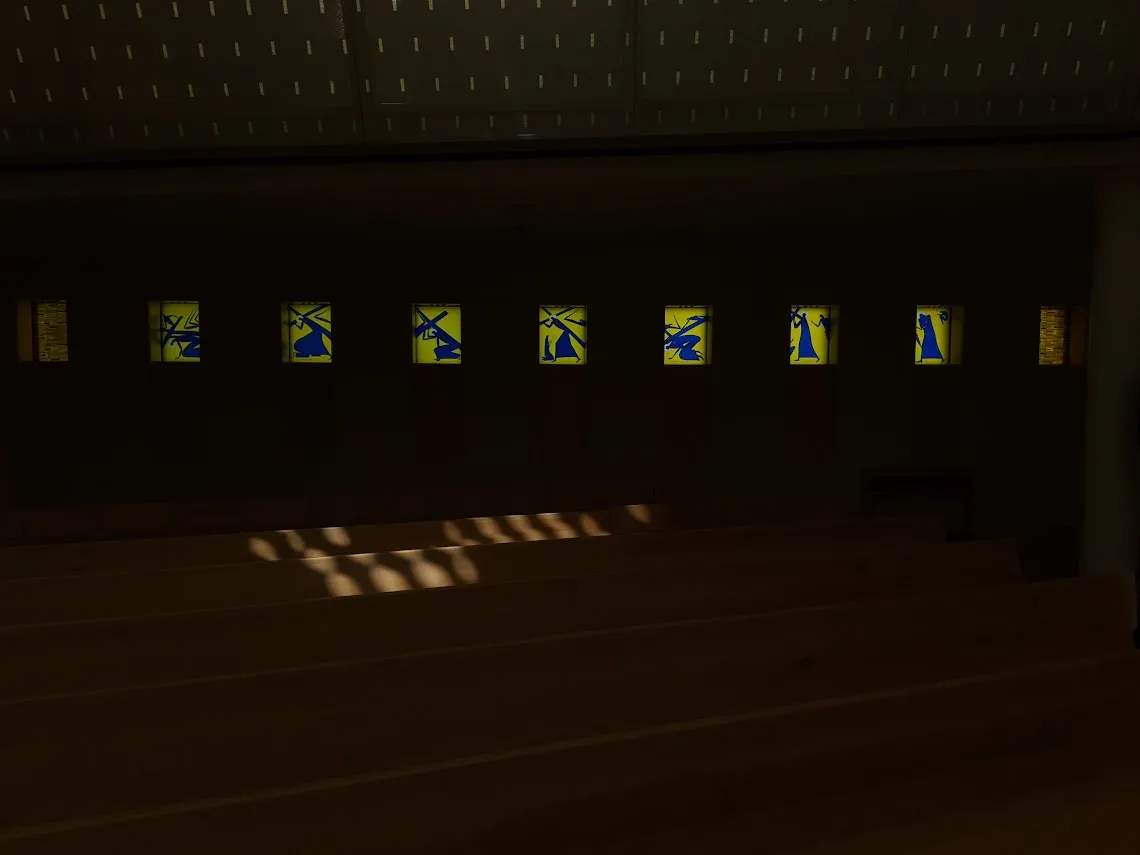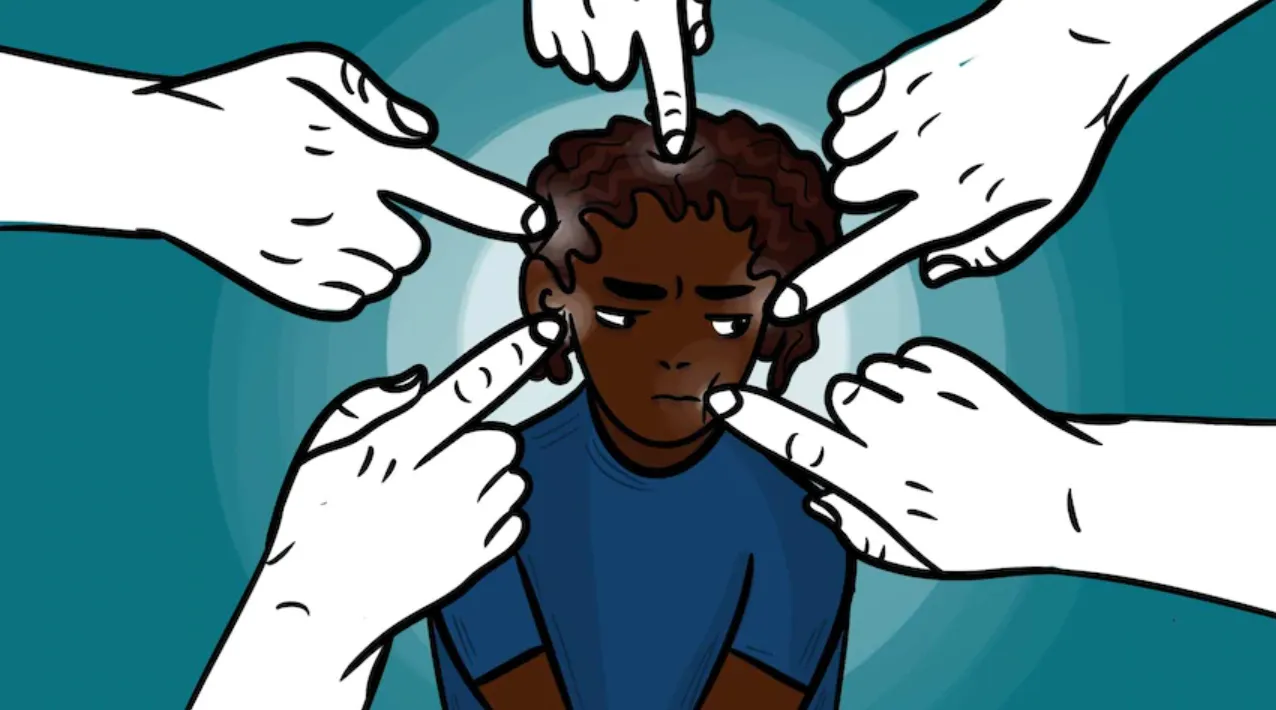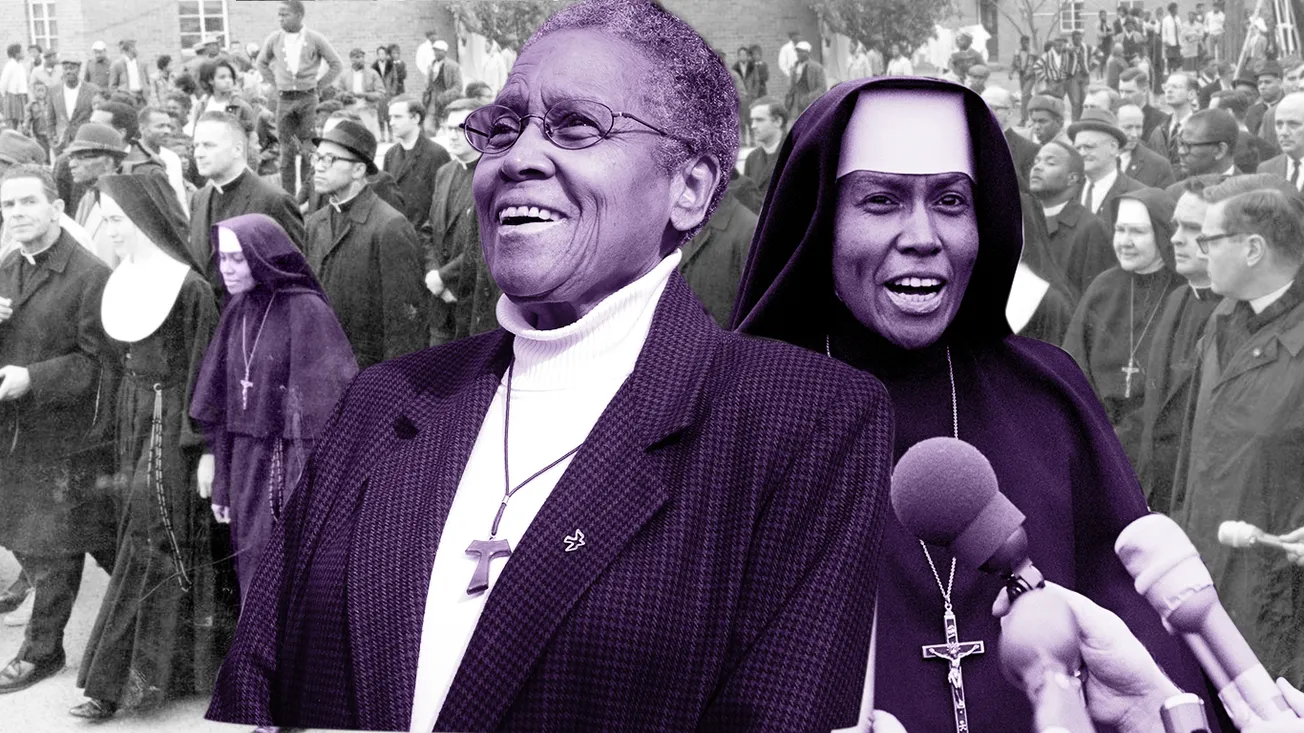A Black student in South Dakota is on the hunt for a new school after his Catholic high school reportedly told him to cut his shoulder-length locs or leave.
The news broke on August 28 concerning 14-year-old Braxton Schafer, and Bishop O’Gorman Catholic Schools in Sioux Falls has since responded, saying it never gave an ultimatum and “allows for culturally appropriate hairstyles.”
“Multiple students at our school have dreadlocks that meet the dress code policy,” the school told The Christian Post last Wednesday.
“We simply want the length of the hair to be at the collar or right above the collar. Right there is what we ask for. To be clean, neat and well-cared for,” school president Kyle Groos added in an interview with the Argus Leader.
It is not immediately clear whether school officials felt Schafer’s hairstyle was unkempt or otherwise in violation of the policy outside of length.
O’Gorman High School administrators told 14-year-old freshman Braxton Schafer’s parents on Friday that he must cut his hair or leave the school.https://t.co/KDAuCX05jV
— argusleader (@argusleader) August 28, 2022
Schafer’s adoptive parents, both of whom are White, were initially engaged in dialogue with the school about the issue, but began speaking out on social media and elsewhere last month saying the hair-length rule is “culturally biased.”
“He’s been in the system for three years with the same length hair,” his father Derrick told local media.
“We’re confused on why it’s become an issue now. Why? They’ve had plenty of chances to discuss it with us.”
School officials, on the other hand, claim Shafer’s parents abruptly “took to social media to present their version of events,” and said that the school would welcome a solution in which Schafer remains. They noted that the hair policy has been violated by over 20 male students this academic year, but did not provide details on how many were students of color. (The school is 90% White.)
"The policy applies to all students," said the school’s communications chief Chloe Goldade.
O’Gorman High is just the latest Church-affiliated school to make headlines over hair rules that disproportionately affect African-American students. A Catholic school in New Orleans expelled a Black female student with hair extensions in 2018, and three others in New York, California, and Illinois punished Black boys between 2019 and 2021 for wearing braids.
In South Dakota, the topic has gained steam in recent years, with a bill in the state legislature introduced last year to specifically ban unfair practices in workplaces and schools concerning natural hairstyles. Conservative lawmakers in the Rushmore State have bristled at the proposal, however, saying state laws already prohibit such discrimination.
The legislation was reintroduced this year as Senate Bill 140, but as of February was relegated to committee in the Republican-controlled upper house.
On the federal level, the CROWN Act (“Creating a Respectful and Open World for Natural Hair”) was introduced in the US Congress following successful local legislation in more than a dozen states and 30 cities. The act passed the House in March and is currently in committee in the Senate.
In Sioux Falls, the Schafer family is left scrambling for options after allowing their son to decide whether to cut his hair. He declined and has decided to leave O’Gorman, likely after the fall semester.
“Strength, pride [are] part of him, a piece of him that we won’t understand, that most people in South Dakota don’t understand,” his mother Toni said.
“In order to make a crown for strength, power, spirituality, it’s in the length and making yourself a crown.”
President Groos, who faced criticism last fall for his administration’s GOP-tinged response to COVID-19 concerns—including a federal lawsuit filed by the school concerning vaccine mandates—has said that O’Gorman’s hair policy is part of the “structure and discipline” parents seek when looking at Catholic schools.
“It also then allows us to let our students focus on their faith, their service to others, their academics, and their own friendships.”
Braxton Schafer like sees things differently.
“It’s incredibly stressful, and he feels kind of like an outsider anyways… when you’re one of very few [Black students],” his mother said.
“He’s devastated, basically. He wanted to stay because he likes his friends.”

Nate Tinner-Williams is co-founder and editor of Black Catholic Messenger, a seminarian with the Josephites, and a ThM student with the Institute for Black Catholic Studies at Xavier University of Louisiana (XULA).









